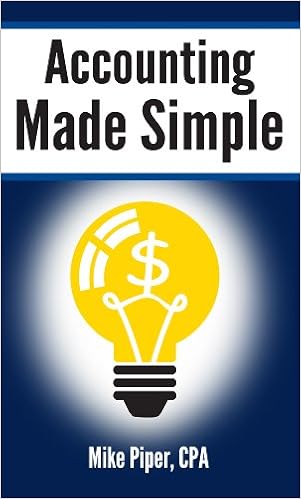PDF Ebook
Knowing is a process that will be undertaken by all individuals in every age. In this instance, we have constantly guides that must be collected as well as read. is just one of guides that we always suggest for you in learning. This is the method exactly how you discover pertaining to the subject. When you have the presence of guides, you need to see exactly how this publication is really suggested.
PDF Ebook
Do you know exactly what the benefits of reading are? Before discussing regarding , we will ask you initially. Just what do you get after reviewing? What do you obtain after ending up reviewing a publication? What's your feel? Well, many questions we will certainly utter to you, the outstanding publication fan, and viewers. We intend you to be incredible because in this modern era, lots of people choose to chat with other to analysis. This is why, the factors of exactly how the books must be cultured are very important.
This is extremely proper for you as newbie user. The readers will certainly always start their reading practice with the favourite style. They could not consider the author and publisher that develop the book. This is why, this book is really appropriate to read. However, the idea that is given up this book will certainly show you numerous things. You can begin to like likewise reviewing up until the end of guide .
The book contains everything brand-new and also eye-catching to review. The option of subject as well as title is actually various with various other. You could feel this publication as one of the fascinating book due to the fact that it has some benefits as well as possibilities for transforming the life better. And also currently, this book is offered. The book is positioned with the lesson and also information that you need. However, as simple book, it will not need much idea to read.
This deals an interesting subject. If you have not yet attempt reading this sort of publication, this is your time to start as well as begin it. Be the first title to read in this type of topic offers the extra priceless scenario. You may be really typical with this publication, but you have no idea to also review it, have you? To cover this problem, this provided publication is served in soft file to be available saved in your wonderful device.
Product details
File Size: 21494 KB
Print Length: 61 pages
Publication Date: March 10, 2019
Sold by: Amazon Digital Services LLC
Language: Afrikaans
ASIN: B07PJKT989
P.when("jQuery", "a-popover", "ready").execute(function ($, popover) {
var $ttsPopover = $('#ttsPop');
popover.create($ttsPopover, {
"closeButton": "false",
"position": "triggerBottom",
"width": "256",
"popoverLabel": "Text-to-Speech Popover",
"closeButtonLabel": "Text-to-Speech Close Popover",
"content": '
});
});
P.when("jQuery", "a-popover", "ready").execute(function ($, popover) {
var $xrayPopover = $('#xrayPop_37AE3E205AD511E9B13C3DB2C2AE8FDC');
popover.create($xrayPopover, {
"closeButton": "false",
"position": "triggerBottom",
"width": "256",
"popoverLabel": "X-Ray Popover ",
"closeButtonLabel": "X-Ray Close Popover",
"content": '
});
});
Word Wise: Not Enabled
Lending: Not Enabled
Enhanced Typesetting:
Enabled
P.when("jQuery", "a-popover", "ready").execute(function ($, popover) {
var $typesettingPopover = $('#typesettingPopover');
popover.create($typesettingPopover, {
"position": "triggerBottom",
"width": "256",
"content": '
"popoverLabel": "Enhanced Typesetting Popover",
"closeButtonLabel": "Enhanced Typesetting Close Popover"
});
});
Amazon Best Sellers Rank:
#1,933,969 Paid in Kindle Store (See Top 100 Paid in Kindle Store)
PDF
EPub
Doc
iBooks
rtf
Mobipocket
Kindle

